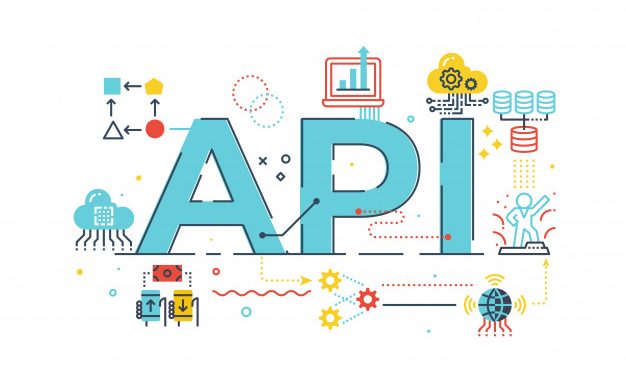This article was posted in Appinventiv and provides a nice overview of how banks and fintechs are utilizing APIs to achieve open banking initiatives. Most readers will think of APIs in terms of consumer experiences, which is what this article targets.
However, the use of APIs has also been expanding into the corporate banking experience, which Mercator Advisory Group will cover in more detail through an updated member report later this year. What’s good for the goose is good for the gander, so the overall points made in the posting are applicable across the various businesses and use cases, generally speaking.
‘Back in 2018, a small initiative by the UK’s government has now blown on to spread globally….Open banking has been a concept immersing and influencing many financial institutions around the globe – popularity owed to the rise of open banking startups…It is essentially a system in which banks and other institutions open their APIs (acronym of Application programming Interfaces) to allow third parties to access users’ financial data. This is then used to create new services and applications around it which offers transparency options to account holders…However, one has to keep in mind that APIs are just one piece of the whole open banking ecosystem.’
Well, it turns out that the initiative (which goes back to 2017) was and is not so simple, as we have reported before, since many banks across the EU and UK landscape have not been able to meet the API compliance criteria. However, they are now catching up and supposed to be ready by end of year 2020, given the additional window provided by regulators.
The author goes on to point out 12 benefits to banks and fintechs, each of which has a follow-up summary explanation (which you’ll have to click through to read in detail):
- Boost overall cost-effectiveness
- Promote data sharing for a better experience
- APIs are future-proof
- Higher competition means more services
- Price comparison
- Peer-to-peer currency exchange and lending
- Investment management
- Developing open banking ventures
- Creating API market platforms
- Payment processing APIs
- Promotes regulation
- Enables to offer white label services
It’s a fairly comprehensive list to go through and gain some further insight. As mentioned, these are all written from the perspective of apps in retail banking or wealth management, but certainly things like BaaS platforms and payments processing APIs are applicable across the board. We see many use cases developing in payments and treasury management, which will accelerate over time. Worth some time to browse through the piece.
Overview by Steve Murphy, Director, Commercial and Enterprise Payments Advisory Service at Mercator Advisory Group











